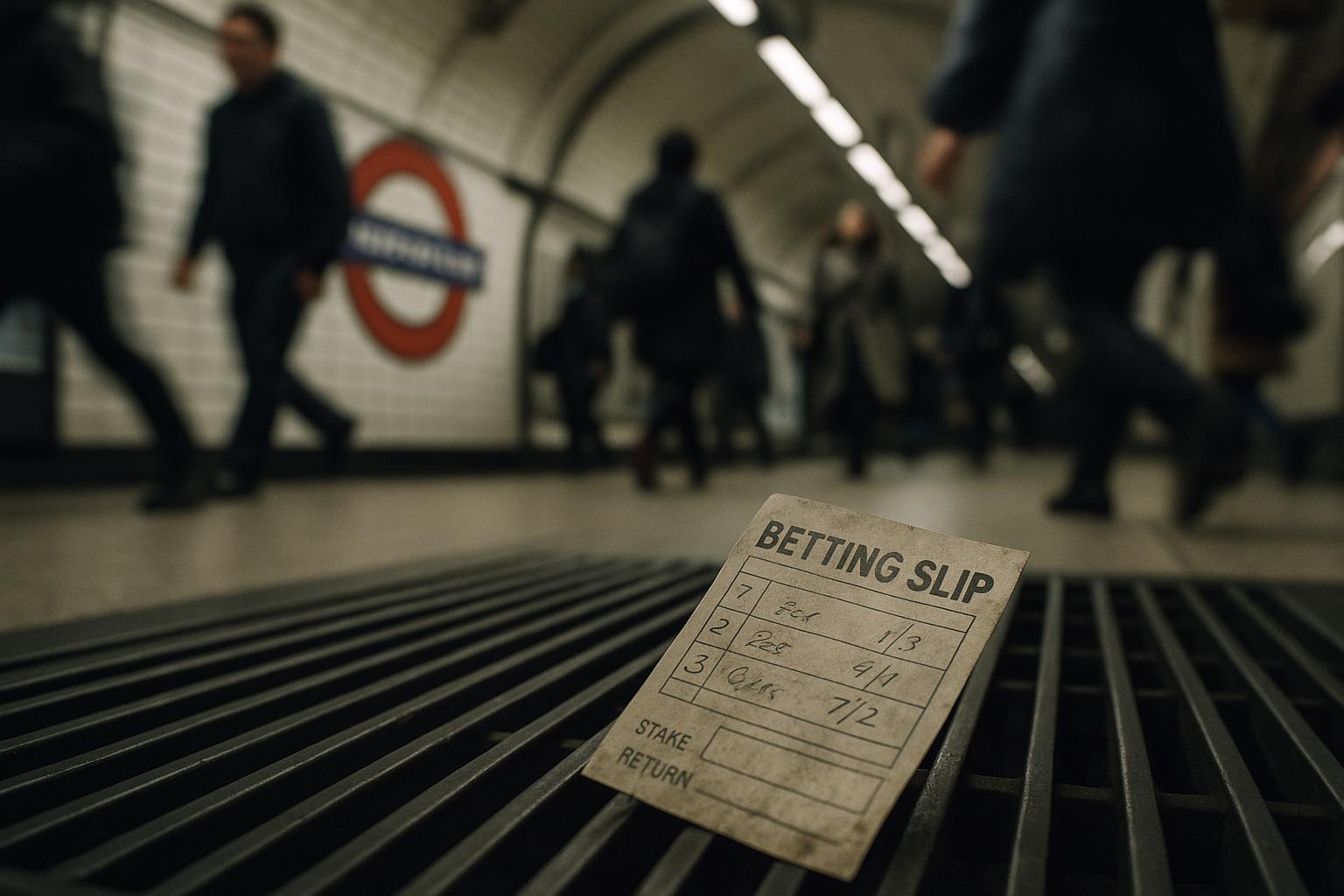Transport for London (TfL) has seen a significant surge in revenue from gambling advertisements, nearly doubling over the past year despite a mounting national concern over gambling-related harm. Between April 2023 and March 2024, TfL earned approximately £1.82 million from 223 gambling-related ad campaigns, marking the highest figure recorded in data stretching back to 2018. This is a dramatic increase from the previous year's £997,000 gained from 92 such campaigns. TfL currently cannot prohibit gambling adverts on the Tube or bus networks, as the authority to impose such bans lies with the UK government.
Campaigners and city officials have been pressing for a clear, government-backed definition of "harmful gambling" to empower the Mayor of London to restrict these adverts effectively. Sir Sadiq Khan made a manifesto promise in 2021 to ban gambling ads across the TfL network. However, this pledge has yet to materialise, primarily due to legal concerns about enforcing restrictions without a formal, nationally accepted definition of harmful gambling. As a result, City Hall has asked the government and public health bodies for guidance, aiming to avoid possible legal challenges. A spokesperson for the Mayor indicated that action will be considered once the government completes its ongoing review of harmful gambling.
The current TfL advertising policies do enforce some restrictions, such as barring gambling adverts featuring individuals under 25 or portraying gambling as a lifestyle or trivialising its risks. It is also noted that among the £1.82 million revenue, some adverts promote charitable lotteries, which are not classified as harmful, unlike typical betting advertisements.
This revenue increase takes place against a worrying backdrop for London's public health. The capital's gambling harm rate stands at 5.6%, nearly twice the national average of 2.9%, according to the most recent Gambling Commission report. Around half of Londoners reportedly engaged in some form of gambling over the past year, with 37% participating in the last four weeks, although excluding the lottery reduces this figure to 23%. Exposure to gambling advertising has been linked to increased gambling participation, particularly among young people and individuals vulnerable to gambling problems.
The London Assembly Health Committee and local politicians have urged the Mayor to advance a ban on all gambling adverts on the TfL network and to use advertising space for raising awareness about gambling-related harms. Labour assembly member Krupesh Hirani highlighted that the Mayor had successfully banned fast food adverts following verified government health guidance, suggesting similar governmental support is needed for gambling. However, a spokesperson for the Department for Digital, Culture, Media and Sport (DCMS) stated that there are currently no plans to legislate for restrictions on gambling advertising. The government said it acknowledges the need for advertising to be responsible and is working with the Advertising Standards Authority and the gambling industry to raise standards.
The delay in implementing the ban has been criticised, especially given London's disproportionately high gambling harm figures. Campaigners express frustration that legal uncertainties continue to stall action, even as local initiatives like the Pride in Place scheme have granted some councils powers to prevent new betting shops from opening. Some London boroughs, such as Brent, are particularly affected; this borough has double the national average of problem gamblers and a notably high concentration of licensed betting shops — more numerous than supermarkets, banks, or schools in certain deprived areas. Local leaders have called on the government to tighten laws around gambling premises, warning of the social harm posed by the proliferation of these establishments.
GambleAware research highlights the broader issue nationally, showing that gambling harm is not only a London problem: in regions like the West Midlands, problem gambling rates are 25% higher than the national average. Stigma around gambling issues remains a significant barrier to seeking help, with many affected individuals feeling unable to discuss their problems openly.
TfL’s increasing reliance on gambling advertising revenue comes amid this complex and growing public health issue, underscoring the urgency for clearer legal frameworks and a coherent national strategy to address gambling harm, particularly in urban centres like London.
📌 Reference Map:
- Paragraph 1 – [1], [4]
- Paragraph 2 – [1], [2], [3], [4]
- Paragraph 3 – [1], [5]
- Paragraph 4 – [1], [5]
- Paragraph 5 – [1], [2], [5]
- Paragraph 6 – [1], [5], [6]
- Paragraph 7 – [7], [6]
Source: Noah Wire Services
